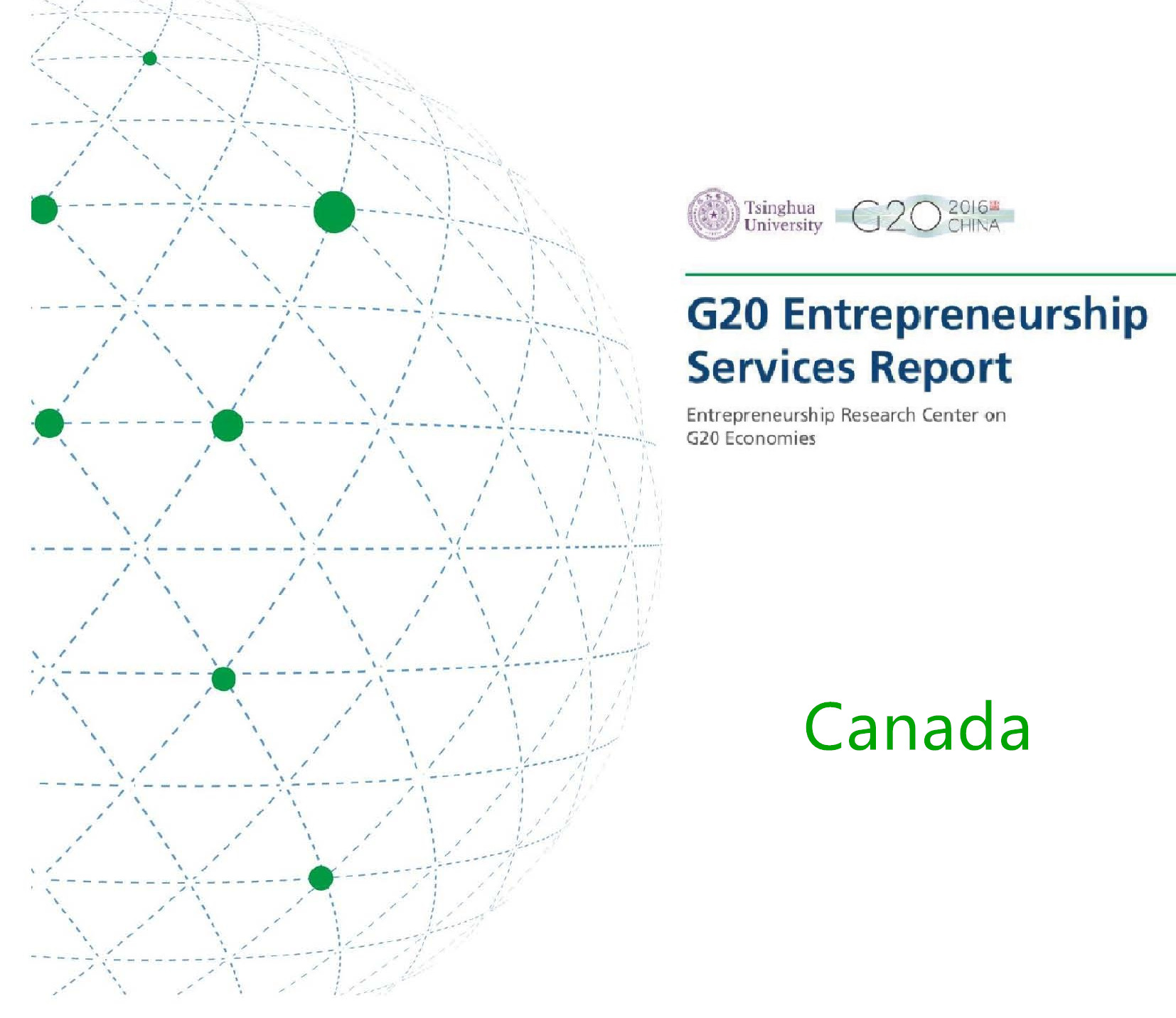
Summary
According to the definition of Statistics Canada, a start-up refers to a new enterprise of two years or less, a small enterprise refers to an enterprise with 1-99 employees, and a medium-sized enterprise refers to an enterprise with 100-499 employees. Statistics Canada showed that there were 1.167 million enterprises in Canada as of December 2015. Among them, small enterprises accounted for 97.9% and medium-sized enterprises for 1.8%.
Canada Business Corporations Act is a fundamental law in Canada. A new Innovation and Skills Plan was proposed in the 2017 Canadian Federal Budget, aiming to make Canada a world innovation center. The first Women Entrepreneurship Strategy was proposed in the 2018 Canadian Federal Budget, providing dedicated support for women entrepreneurs. Affairs of small and medium-sized enterprises (SMEs) are in the charge of Innovation, Science and Economic Development Canada (ISED). The National Research Council (NRC) is a branch of ISED, organizing and implementing the Industrial Research Assistance Program (IRAP) for SMEs.
The Canadian government supports start-ups and SMEs through various tax cut policies, such as the Scientific Research and Experimental Development (SR&ED) Investment Tax Credit Policy and the Lifetime Capital Gains Exemption (LCGE). The Canada Small Business Financing Program (CSBFP) supports small enterprises by providing guarantee for fixed asset loans. In 2017, the Canadian government launched a strategic innovation fund and a new Venture Capital Catalyst Initiative (VCCI) to support the rapid development of start-ups. In the same year, Business Development Bank of Canada (BDC) also announced a series of measures to help small firms and star-ups in certain special fields.
In technical, information, and market services, various institutions and programs have been involved. IRAP provides technical assistance for SMEs at different stages. Besides, jointly implemented by BDC, Export Development Corporation of Canada (EDC), NRC-IRAP, ISED, and Global Affairs Canada’s Trade Commissioner Service (TCS), the Accelerated Growth Service provides financial support and information services for SMEs. Finally, in 2016, the Canadian government initiated the Canada’s CanExport Program,which aimed to help SMEs expand the overseas market.
Canada’s enterprise incubation also has distinctive features. Futurpreneur Canada provides financing and consulting services for young entrepreneurs aged 18-39. The Canadian government allotted fund to this organization in 2017 and 2018 consecutively. Universities also set up incubators based on their own strengths. For example, Ryerson University, with its advantage in the media research, established an incubator centered around the digital media industry. TEC Edmonton Incubator is the representative of regional incubators, providing services for technology start-ups.
In entrepreneurship education, a key element in the 2017 Canada’s Innovation and Skills Plan was to improve vocational training. Both Canadian federal government and provincial governments place a priority on entrepreneurship education, greatly increasing entrepreneurship courses in curricula. The University of Waterloo, for example, recognizes entrepreneurship education as part of the university strategy. Enactus Canada, a student entrepreneurship development organization in Canada, not only hosts entrepreneurship contest and campaigns, but also creates significant social values.